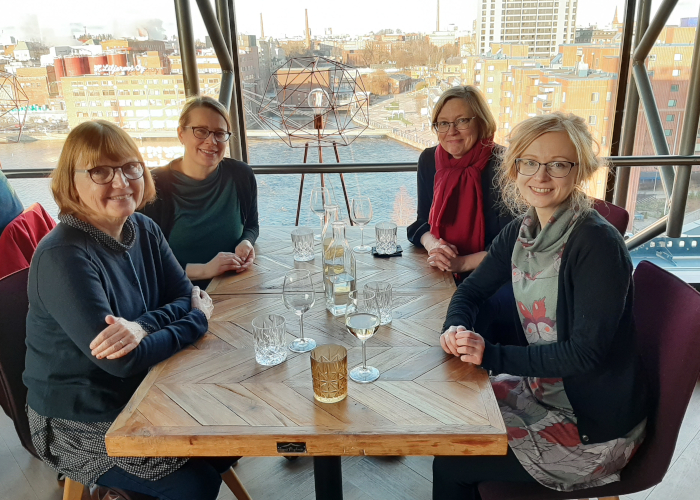Background
Research strategies, striving for research excellence and for the international top have become buzzwords that characterise the everyday practices of scholars in academia. Scholars are expected to shape their research topics, methods and approaches and select their publication format and forum according to the present research policy trends. Constant changes in research environment may be confusing or threatening, especially if the scholar’s own research, or the research profile of the department or faculty, does not fit in with the given ideals and expectations. Thus, disappointment, shame and anxiety may be prevalent feelings in everyday experiences of academics. Conversely, the changes may thrill and create the feeling of success if they serve one to establish their line of research, agency or position in academia.
Our claim is that research strategies are not merely rational research policy alignments, but they are produced in different affective movements, which they also serve to construct. In this project, we examine research strategies as an affective economy.
Goal
The purpose of our research is to answer the following research questions:
- What kinds of values the scholars are expected to engage in through research strategies?
- How do scholars experience different research strategies in their work and what kinds of affects research strategies invoke among scholars?
- How do the affective movements produced by research strategies shape and reproduce the power relations within university?
We analyse these questions by applying multiple methods and data.
Empirically, the study focuses on humanities and social sciences. They offer a particular interesting case due to their position in the current science policy landscape. It is argued that within the current research policy, which manifests research excellence and the social impact of research, these disciplines are in the position of an underdog.
This study generates novel and profound understanding about the effects of the neo-liberalised, managerial university sector on research practices and ideals. Moreover, the project strives to increase the interaction between administration, scholars, different disciplines and scholars in varying positions.
During the project, we will publish several articles and participate in national and international conferences. As a final product, we will write a book, in which we gather the results and sub-studies of the project.
Funding
This study is funded by Kone Foundation. The duration of the project: 1.2.2020-31.1.2023.

